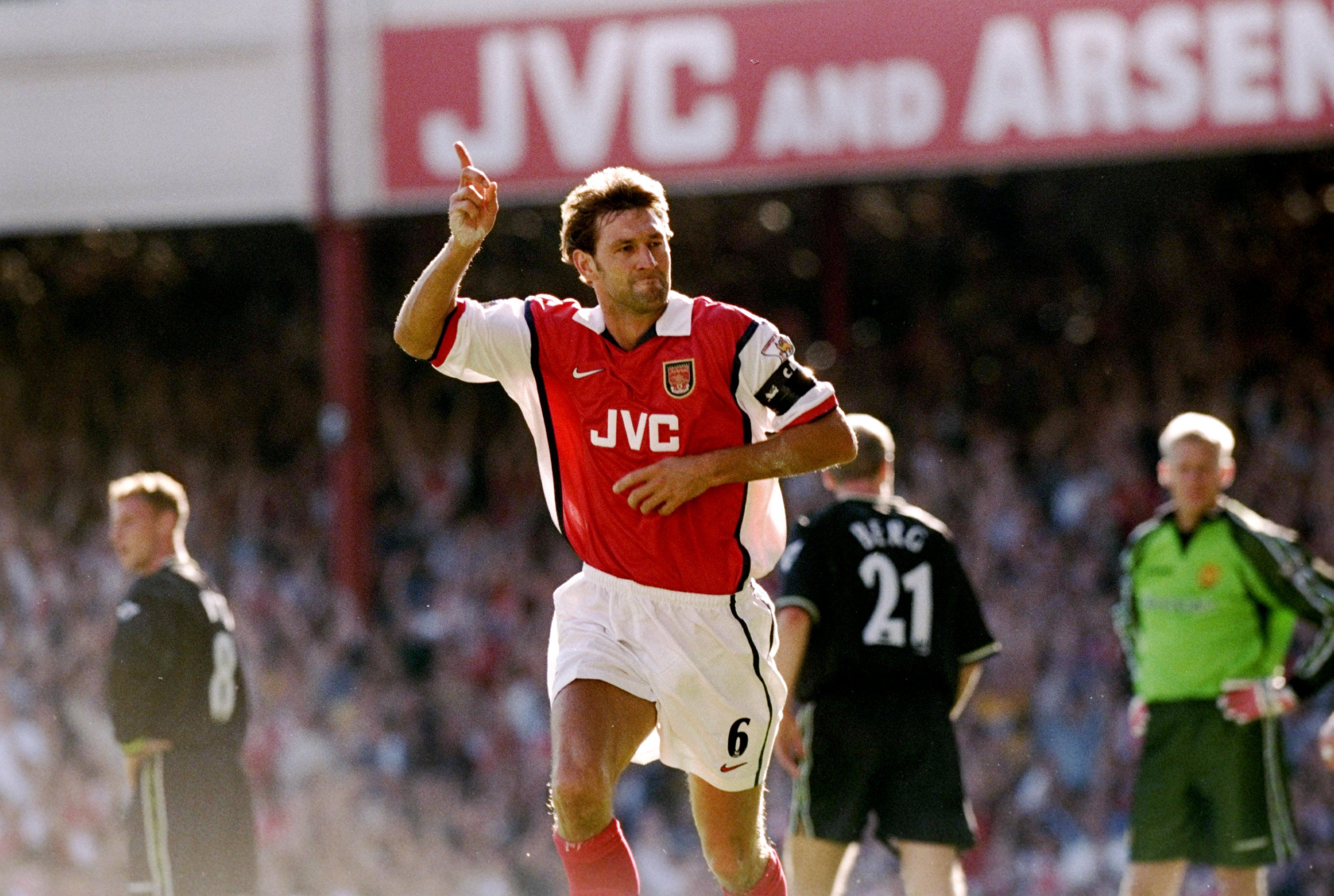
Football

Share
10th January 2017
10:54am GMT

As is common in these areas, an observation from someone with experience in the field provides a glimpse of the truth about the mental illness of alcoholism, as well as many other mental illnesses.
Tom Waits drank and then he stopped drinking, a process which brought its own challenges. One of the most difficult hurdles is not the abstraction it might seem, but instead deals with the fundamentals of existence, especially the fundamentals for somebody with a drink problem.
"Am I genuinely eccentric? Or am I just wearing a funny hat?” Waits said when trying to explain the baffling reality of his new existence without alcohol. “All the big questions come up when you get sober. ‘What am I made of? What's left when you drain the pool?"'
For many, these questions are too much. Alcohol has become their identity and their identity is drink. They are wrapped up in an obsessive, corrosive relationship which defines them. But, like many toxic relationships, when you are free from its power, it can seem baffling that it had a hold over you at all.
Yet that takes time and understanding. Initially life without drink can be overwhelming and the idea of finding out who you are can be the most terrifying thing of all. “The good news when you stop drinking is you get your feelings back,” a friend of mine who is a recovering alcoholic says. “The bad news is you get your feelings back.”

Waits expanded on the theme in the same interview in 2006. “One is never completely certain when you drink and do drugs whether the spirits that are moving through you are the spirits from the bottle or your own. And, at a certain point, you become afraid of the answer. That's one of the biggest things that keeps people from getting sober, they're afraid to find out that it was the liquor talking all along.”
Paul Gascoigne has many problems. He has been diagnosed as bipolar, suffers from obsessive compulsive disorder, anxiety and depression. As we know, all of these illnesses can kill, but his addiction to alcohol is the pressing danger.
It may be that these core mental illnesses are what led to his alcoholism, but what is also clear is that none of them can be fundamentally addressed while Gascoigne is ravaged by his addiction.
“He hates being an alcoholic,” his agent Terry Baker said at the weekend. “We hear often how similar he is to George Best. We knew George really well and George was what you would tend to call a functioning alcoholic but he had no intention of ever giving up drinking. When he had his liver transplant he stopped for a while but he enjoyed drinking. Paul hates it. At all times Paul wants to be alcohol-free but it is an addiction.”
It is nearly 20 years since Tony Adams wrote Addicted, his extraordinary autobiography which told of his battle with alcoholism. Adams managed to tell his story in the most subtle way, never pushing his illness out in front of him as an excuse, but never glorifying it either.

He provided an insight into his disease and into his recovery as well, which told of the nature of the battle and the manner in which it could be overcome.
Yet the words of Gascoigne’s agent would suggest there is still a lack of knowledge of alcoholism and alcohol addiction which is strange at a time when people have become more accustomed to speaking frankly about their mental illnesses.
George Best may have enjoyed drinking, especially during the 1970s when he was been asked “Where did it all go wrong?” as he found himself in a hotel room with Miss World and a mountain of cash. But Best died in 2005, 30 years after the glory days and those fun times in hotel rooms. Thirty years is a long time to be trapped, 30 years is a long time for a man who eventually continued to drink despite a liver transplant and the information he was killing himself. If he was a functioning alcoholic, he wasn’t functioning at a level we would wish for those we love as he descended to the point where all warnings became meaningless.
Baker may have simply been trying to underline the immediate danger to Gascoigne as he noted that his friend and client hates drinking, as if this would surely underline the seriousness of his addiction.
If Baker felt it needed to be said, then it underlines how little comprehension there still is of alcohol addiction, something which is surprising given that mental illness as a whole tends to be more understood.
Sometimes it can seem as if alcohol is unaddressed when people talk about their mental health issues. Their story may often involve heavy drinking, but somehow it is not central to their story. Instead it is passed over quickly, a quirk which will take care of itself if they switch from spirits to wine or simply take a note of how many units they're consuming, while they get on with dealing with their other issues.
Confronting the problem rarely seems to be the answer which may be because we have less understanding of the nature of the addiction problem than we do with other areas of mental health.
Twenty years after Adams' book, many will still think an alcoholic is somebody who drinks every day or, tragically, looks as distraught and destroyed as Gascoigne.
But that is not the truth of alcoholism. In fact, it is a dangerous lie which allows addiction to be pushed to the periphery rather than placing it where it belongs in a society which views drink as central to so much of what we do.
But maybe it is easier to ignore it until someone like Gascoigne comes along and we have to pay attention. There is something messy about addiction, something in the supposed selfishness of the addict as they struggle with these big questions and try to disentangle from the disease, which can be draining on those around them.
There are those who will still mutter about willpower as if that is a solution, as if someone like Gascoigne or Best ever lacked for willpower.
Three in every 10 people in A&E departments may be there because of an alcohol-related accident, but how many of these are dismissed as freak accidents, just one of those things that got out of hand, rather than the sign of a deeper problem?
The newspapers who report Gascoigne’s horrific descent when it would be more palatable if he was left to deal with his problems in private are easy to vilify. But they are not the source of his problems.
But they do also reflect the lack of understanding. Gascoigne, according to recent reports, hopes to be “alcohol-free” in 2017, when there are many with an understanding of his situation who would think that he would be better off with no goal except the idea that he might not take a drink today and see how that goes.
There is a simplicity in the path to conquering addiction, but there is also an urgent need for action. Acknowledging the problem is the first step, talking about it helps, but then there is the requirement that something must be done, day by day and with the help of like-minded people.
For the alcoholic, often someone with big ideas and high hopes, it can take some getting used to. Life is lived slowly and painstakingly as the addict discovers who they are and tries to live with this knowledge. But it is living, which is something, and always better than the alternative.
Explore more on these topics: